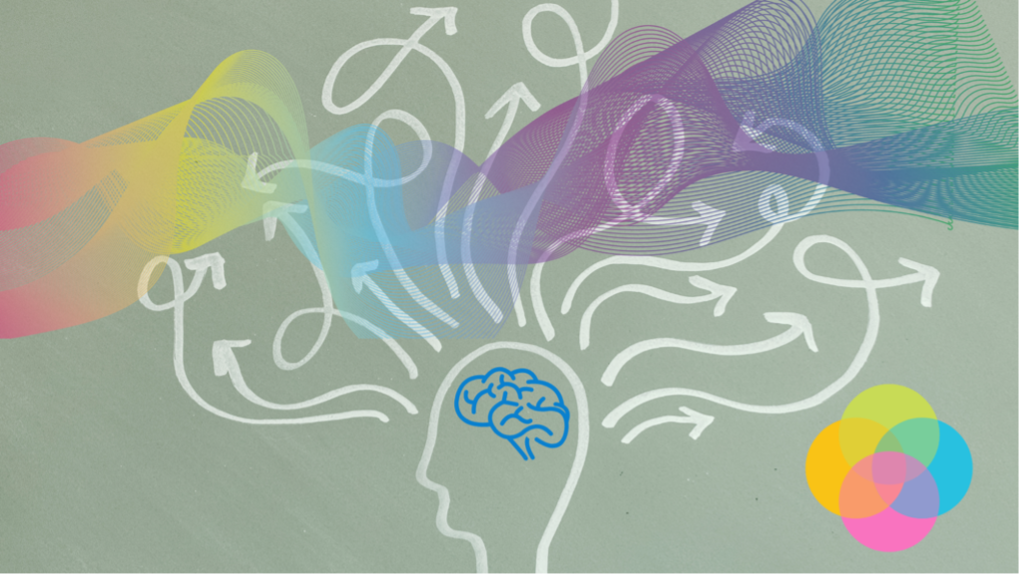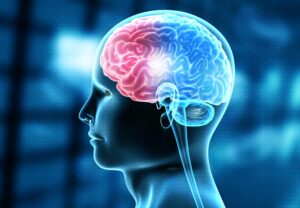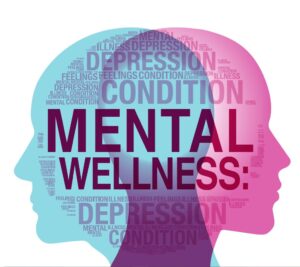
Neurofeedback for ADHD
What is ADHD?
Attention deficit hyperactivity disorder (ADHD) is a condition that affects people’s behavior. People with ADHD can seem restless, may have trouble concentrating, and may act on impulse.
Attention deficit hyperactivity disorder (ADHD) is a common behavioral disorder among children and adolescents, and symptoms of ADHD can persist into adulthood.
According to the Centers for Disease Control and Prevention (CDC), as many as 11 percent of school-aged Americans have been diagnosed with ADHD.
As many as 64 percent of those with ADHD may also have another mental, emotional, or behavioral health disorder, so early detection and treatments are essential to facilitate the highest possible quality of life for these individuals.
Symptoms of ADHD tend to be noticed at an early age and may become more noticeable when a child’s circumstances change, such as when they start school.
Most diagnosed cases occur in children between 3 and 7 years old, but they are sometimes diagnosed later in their childhood.
Sometimes ADHD is not recognized when someone was a child, and they are diagnosed later as adults.
The symptoms of ADHD usually improve with age, but many adults who were diagnosed with the condition at a young age continue to experience problems. People with ADHD may also have additional problems, such as sleep and anxiety disorders.

What causes attention deficit hyperactivity disorder (ADHD)?
Individuals with ADHD show a persistent pattern of inattention or hyperactivity-impulsivity that interferes with functioning and development.
The exact cause of ADHD is unknown. However, research has identified that the brains of people with ADHD have similar differences from those without the condition.
Other factors suggested as potentially having a role in ADHD include:
- Being born prematurely (before the 37th week of pregnancy)
- Having a low birth weight
- Smoking or alcohol or drug abuse during pregnancy
ADHD can occur in people of any intellectual ability, although it’s more common in people with learning difficulties.
What is Neurotherapy / Neurofeedback, and how can it help ADHD patients?
Neurofeedback is direct training of brain function, by which the brain learns to function more efficiently. Neurofeedback, also called EEG biofeedback, is based on electrical brain activity, the electroencephalogram, or EEG. Neurofeedback is training in self-regulation: it is simply biofeedback applied to the brain directly. Self-regulation is necessary for good brain function, allowing the brain to function more efficiently and effectively.
EEG Neurofeedback aims to help individuals improve emotional, behavioral, and cognitive functioning by training patients to increase specific brainwaves while inhibiting others from promoting optimal brain regulation.
Based on operant conditioning, Neurofeedback is training that involves rewarding patients to inhibit specific brain wave frequencies and increase other frequencies. This is done by placing electrodes on the scalp and providing instantaneous feedback about the brain’s activity.
Neurofeedback is an intervention for ADHD based on findings that many individuals with ADHD show low arousal levels in frontal brain areas, with an excess of theta waves and a deficit of beta waves. Supporters of this treatment suggest that this therapy can train the brain to increase arousal levels (increase beta waves and reduce theta waves) and thereby reduce ADHD symptoms. Neurofeedback treatment involves placing electrodes on a person’s head to monitor brain activity.
At Neurocare Centers of America clinics, we specialize in Neurofeedback Therapy for treating ADHD, and sleep disorders like insomnia. These advanced technologies are safe, highly effective, non-invasive, and 100% drug-free.
Our Neurocare Centers of America team comprises registered nurses, certified TMS Therapy technicians, QEEG, Neurofeedback, and sleep-hygiene specialists. All our staff, expertly trained, can provide innovative therapies for our patients.
Request a consultation to explore medication-free treatment options for depression, ADHD, OCD, and sleep disorders like insomnia.
Latest Article


Can Stress Cause Depression?

Why are Some People on Antidepressants Still Depressed?

What does TMS do to Your Brain?

How to Support a Family Member with Depression?

